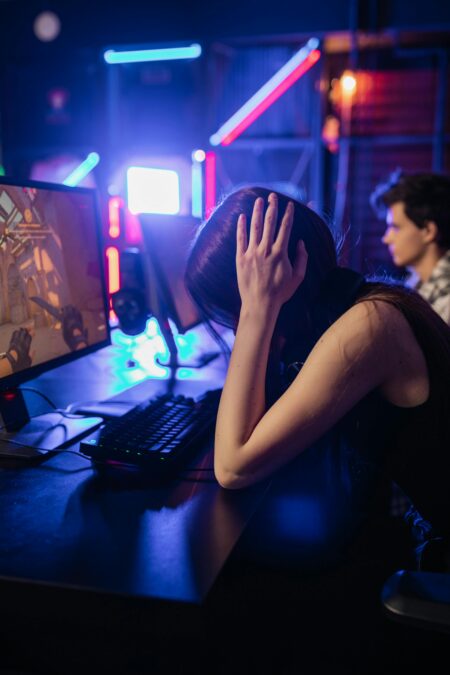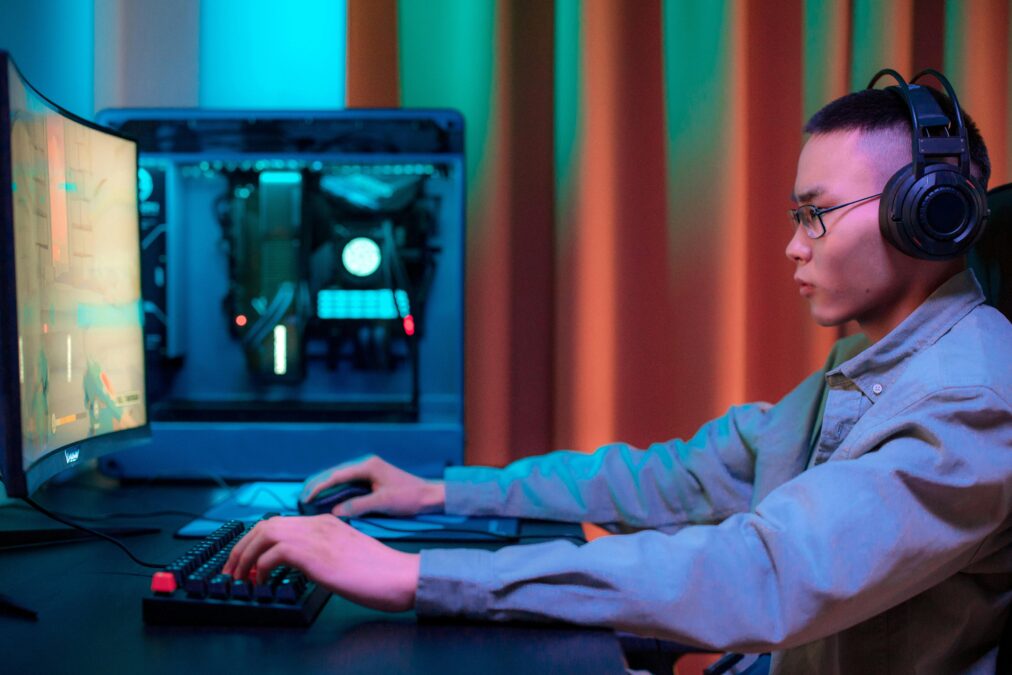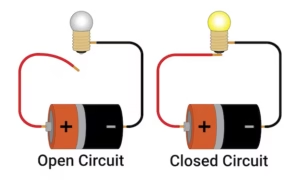The Impact of Gaming on Mental Health
Video games have become a staple in modern entertainment. But, like any form of entertainment, their impact on mental health is a hot topic of debate. Are they beneficial, harmful, or perhaps a bit of both? Let’s dive into how gaming influences our minds, both positively and negatively, and explore ways to strike a healthy balance.
Understanding Gaming
Before we talk about how gaming impacts mental health, it’s important to understand the nature of gaming itself. Video games have evolved drastically from the pixelated 2D platforms of the past to immersive 3D worlds that allow players to experience things once only dreamt of.
The Evolution of Video Games
Games have transformed over the years from simple, arcade-style mechanics to complex, narrative-driven experiences. Early games like Pong or Tetris were about simplicity and quick action. Nowadays, games are elaborate virtual universes like The Witcher 3 or Fortnite, offering varied experiences from story-driven adventures to competitive multiplayer.
Types of Games and Their Appeal
From first-person shooters to puzzle games, role-playing games (RPGs), and strategy games, there’s something for everyone. The variety is key to understanding gaming’s popularity. People gravitate towards different genres for different reasons—some for the thrill of competition, others for the joy of solving complex puzzles, and many for the opportunity to escape reality for a while.
The Positive Effects of Gaming on Mental Health
Contrary to the often-negative portrayal in the media, gaming isn’t all bad. In fact, it has several mental health benefits that often go unnoticed.
Cognitive Benefits of Gaming
One of the most surprising advantages of gaming is how it improves cognitive function. Studies have shown that playing video games can enhance your problem-solving abilities, improve hand-eye coordination, and even increase your attention span.
Problem-Solving and Strategic Thinking
In many games, players are faced with complex problems they must solve to progress. This encourages strategic thinking and the ability to plan ahead. Games like Civilization or Portal are great examples of how gaming can sharpen your mind while offering entertainment.
Social Interaction and Community Building
One often overlooked aspect of gaming is its social side. Multiplayer games and online communities provide a platform for players to interact, collaborate, and compete with others. This can foster friendships and create a sense of belonging, especially for those who may struggle with social interactions in real life.
Emotional Resilience Through Gaming
Gaming can also help build emotional resilience. Facing challenges and overcoming obstacles in games can help players develop perseverance and a positive attitude toward real-life problems. Games often encourage players to try again after failure, reinforcing a growth mindset.
The Negative Effects of Gaming on Mental Health

While there are positive aspects to gaming, it can also negatively impact mental health if not kept in check.
Gaming Addiction and Its Consequences
Like any other activity, too much gaming can be harmful. Gaming addiction is a real concern, with many individuals struggling to find a balance between virtual worlds and real life. This can lead to neglecting responsibilities, relationships, and personal well-being.
Anxiety and Depression in Gamers
For some, excessive gaming can exacerbate mental health issues such as anxiety and depression. Escaping into a game might offer temporary relief, but it often leads to deeper feelings of isolation, particularly if it becomes a substitute for real-world interaction.
Sleep Deprivation and Gaming
Late-night gaming sessions are common, but they can lead to significant sleep deprivation. Sleep is essential for mental health, and when gaming starts to cut into sleep time, it can increase stress, anxiety, and even cognitive decline.
Finding Balance Between Gaming and Mental Health
Striking a balance between enjoying video games and maintaining mental well-being is crucial. Gaming can be part of a healthy lifestyle if done mindfully.
Setting Boundaries for Healthy Gaming
One of the best ways to avoid the negative effects of gaming is to set clear boundaries. This can include limiting the number of hours spent playing each day and ensuring that gaming doesn’t interfere with other important activities like work, school, or physical exercise.
Incorporating Physical Activity
To counteract the sedentary nature of gaming, it’s important to incorporate physical activity into your routine. Taking breaks to stretch, exercise, or simply go for a walk can help maintain a healthy balance between mind and body.
Conclusion
Video games, like most forms of entertainment, have both positive and negative effects on mental health. They can sharpen cognitive skills, foster social connections, and build emotional resilience. However, without proper moderation, gaming can lead to addiction, anxiety, depression, and even sleep deprivation. The key is to find a healthy balance—gaming can be a great tool for relaxation and socializing, but it should never replace real-world experiences or self-care.



















